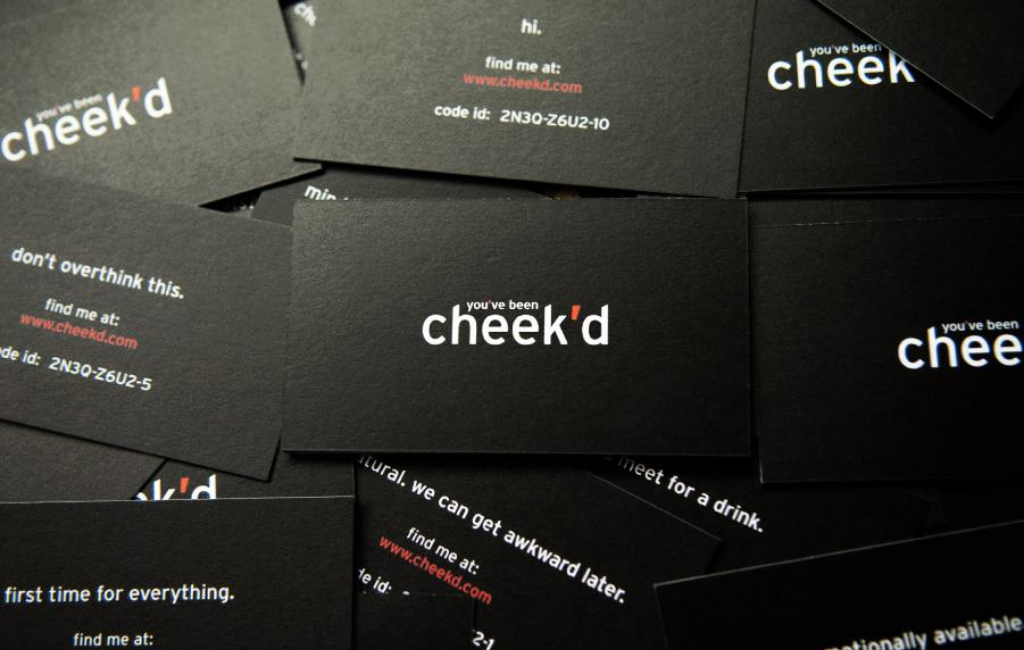Zipit Bedding
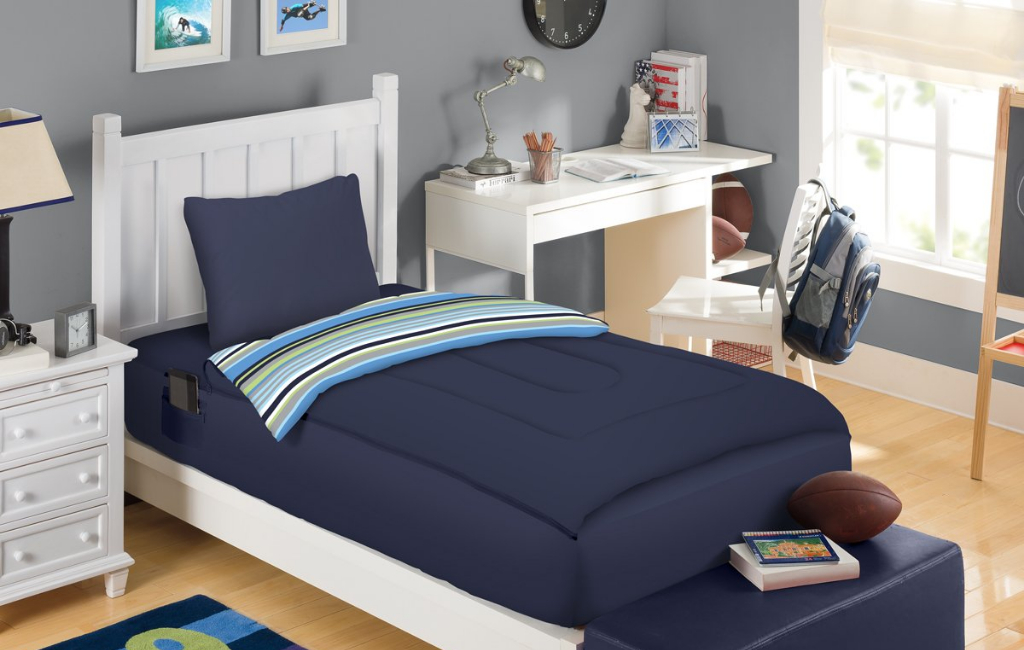
NO DEAL
EPISODE SUMMARY
🕓 Air Date: February 28, 2014
Asking For:
$75,000 for 20%
Investor:
No Deal
Deal:
No Deal
PRODUCT SUMMARY
Zipit Bedding is a hybrid of a sleeping bag and a conventional bedding set designed to make bed-making easier for kids.
WATCH HERE
IN A RUSH?
Click these to jump to the section you want to read.
Background Story
Zipit Bedding, founded by sisters Jennifer MacDonald and Hayley Carr, originated from their shared frustration with the perennial struggle of making children’s beds. Hailing from Sacramento, California, the sisters combined their entrepreneurial spirit with a keen understanding of the challenges parents face in managing their kids’ bedding. With backgrounds likely rooted in creative problem-solving and possibly in fields related to child care or household management, Jennifer and Hayley embarked on a journey to simplify this universal chore.
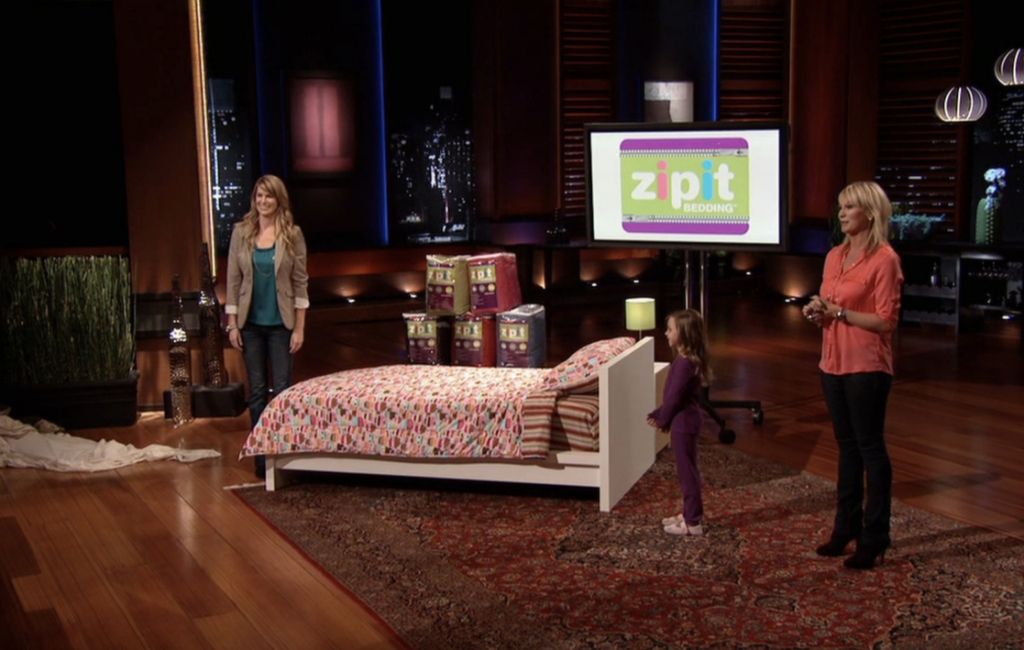
Their product idea stemmed from a desire to innovate within the bedding industry and alleviate the common headache of untidy beds. Drawing from their personal experiences and likely fueled by their observations of countless messy beds, the sisters conceived Zipit Bedding as a solution to this age-old problem. Their aim was not only to streamline the bed-making process but also to make it enjoyable for children, thus empowering them to take charge of their own bed-making routines.
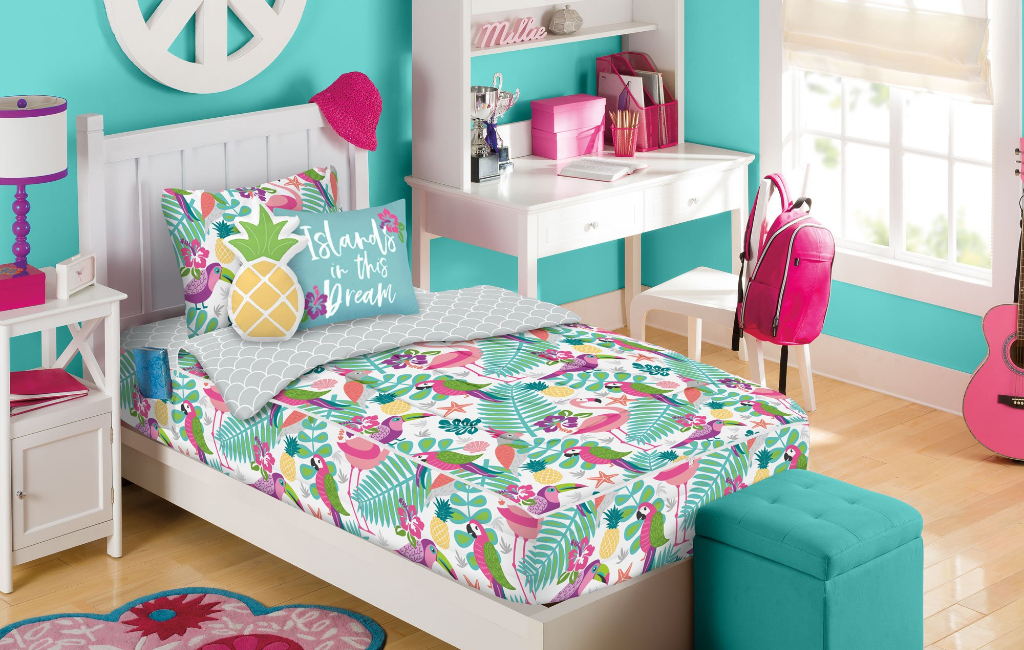
The inception of Zipit Bedding likely involved extensive research and development, possibly including prototyping and testing different iterations of the product to ensure its effectiveness and appeal to both parents and children. Through perseverance and determination, Jennifer and Hayley brought their vision to life, culminating in the creation of Zipit Bedding—a revolutionary hybrid of a sleeping bag and conventional bedding set. This innovative product not only simplifies bed-making but also fosters independence and organization in children, while offering a practical solution to parents worldwide.
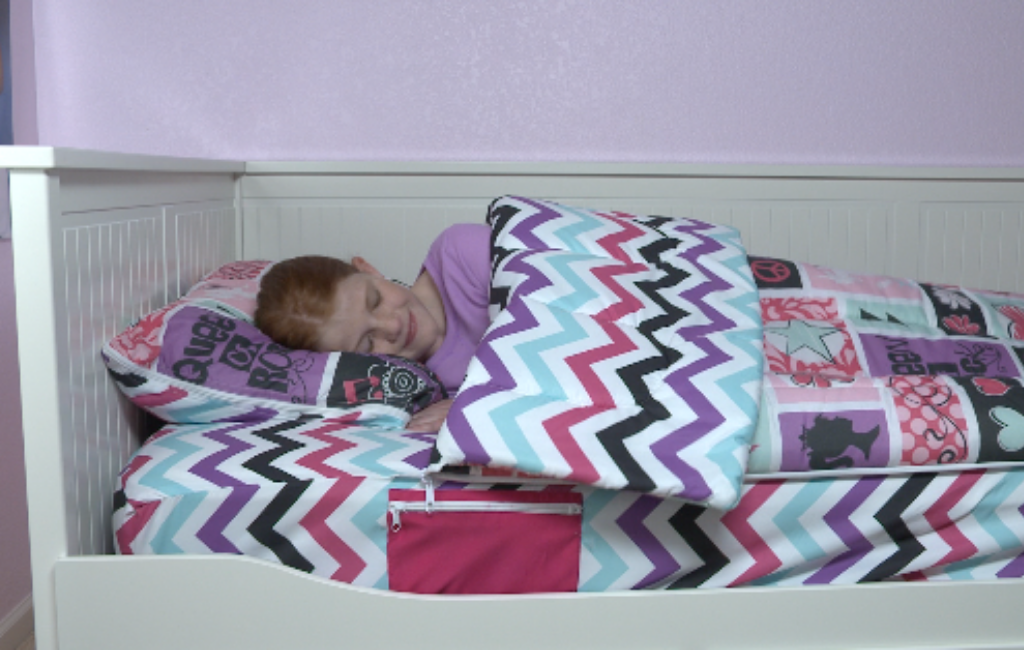
The Product
Zipit Bedding is a groundbreaking solution that merges the convenience of a sleeping bag with the functionality of traditional bedding sets. The product features a unique design that incorporates a zipper system, seamlessly connecting the top comforter to the fitted sheet, thereby creating an all-in-one bedding ensemble. This innovative feature ensures that the bedding stays in place, preventing children from kicking off their covers during sleep.
Designed with children in mind, Zipit Bedding offers several benefits. First and foremost, it simplifies the bed-making process, making it fast and hassle-free. Children can easily zip up their beds, fostering a sense of independence and responsibility. Additionally, the bedding includes convenient side pockets, allowing kids to store their favorite items such as toys, books, or electronic devices close at hand.
Zipit Bedding is available for purchase online through the company’s website or through various e-commerce platforms. It comes in different versions, including standard sizes for twin and full beds, as well as specialized options for bunk beds. The product is competitively priced at $59.99 for the twin size and $69.99 for the full size, making it an affordable yet innovative solution for parents seeking to simplify their children’s bedtime routine while promoting organization and autonomy.
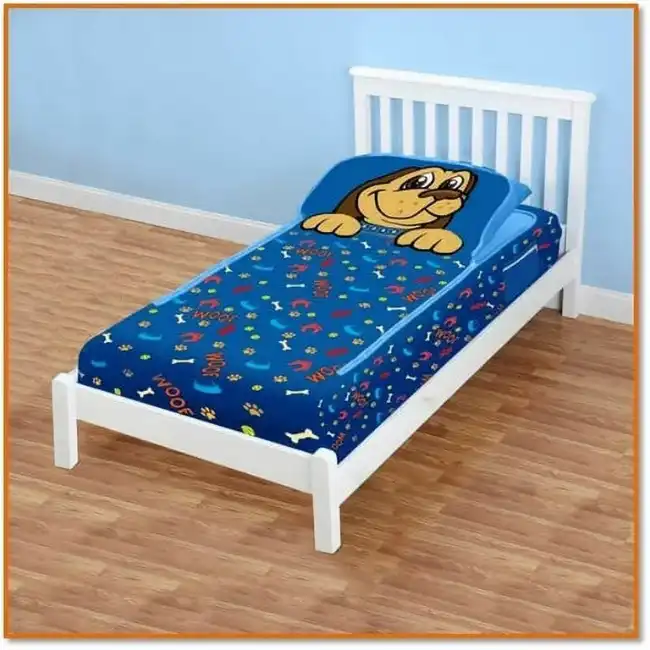
How It Went
The company’s position before Shark Tank
Zipit Bedding has demonstrated promising potential in the bedding industry, although its financial performance has experienced some challenges. With an initial investment of $75,000 sought on Shark Tank, the company aimed to secure a foothold in the market and propel its growth. However, despite selling 1,000 units and generating $7,500 in gross sales, the venture incurred losses due to expenses incurred during market testing. The founders disclosed a cost to make one unit at $24, highlighting a need for optimization in production costs to improve profitability.
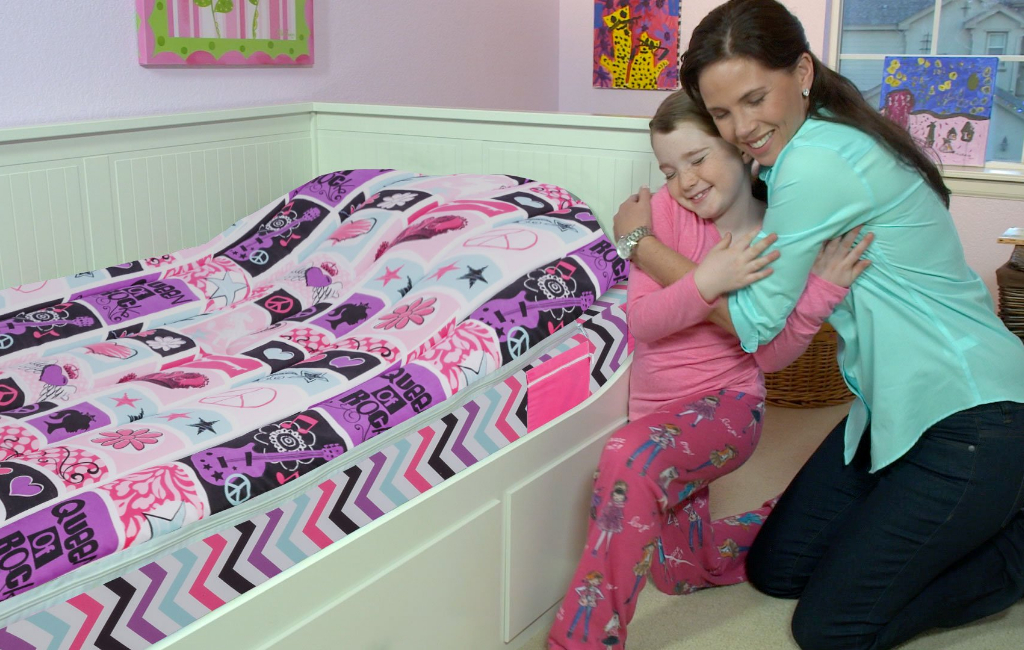
Although Zipit Bedding explored a licensing deal with a major bedding distributor, the founders ultimately declined the offer, citing a desire to maintain control over their product and its marketing. This decision indicates a commitment to preserving the brand’s integrity and vision, albeit at the cost of potential distribution channels. The founders highlighted their intention to use funds raised from Shark Tank for a direct-response television (DRTV) campaign, emphasizing a marketing strategy aimed at increasing brand awareness and driving sales.
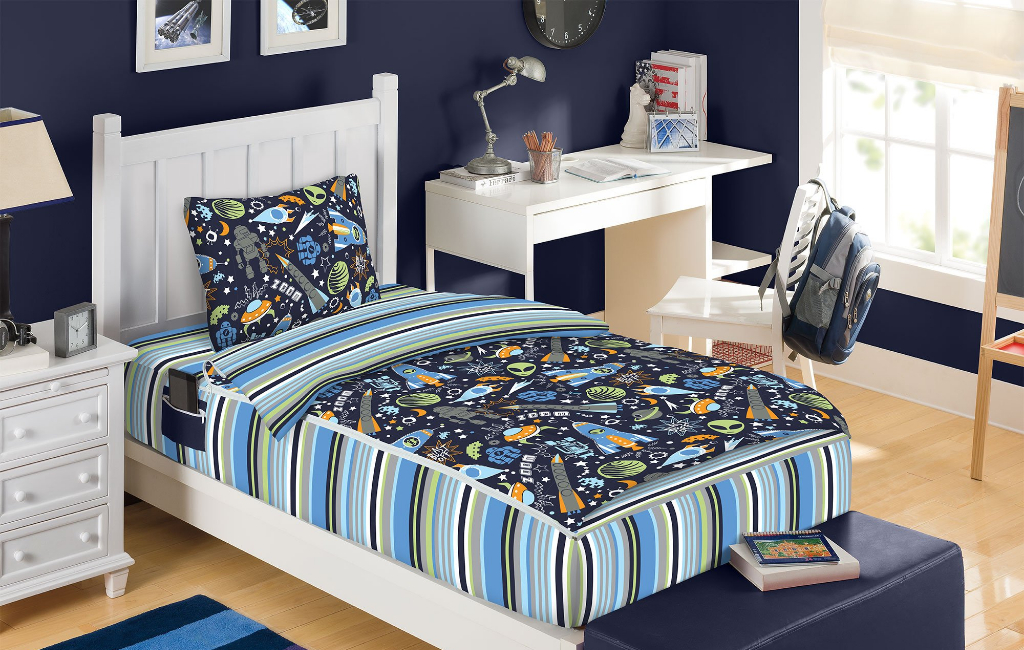
Despite facing challenges in profitability and distribution, Zipit Bedding remains poised for growth, with a dedicated team committed to revolutionizing the bedding industry. The company’s structure likely comprises key roles in product development, marketing, and operations, with the founders leading strategic decision-making processes. Moving forward, Zipit Bedding may benefit from refining its production processes, expanding its distribution network, and implementing targeted marketing initiatives to capitalize on its innovative product offering and drive sustainable growth.
The Negotiations:
During the negotiations on Shark Tank, the founders of Zipit Bedding sought a $75,000 investment in exchange for a 20% stake in their business. Despite their innovative product and initial success selling 1,000 units, the Sharks raised concerns about the company’s profitability and distribution strategy. Multiple Sharks expressed interest in the product and offered various deals. Kevin O’Leary proposed a licensing agreement, offering $50,000 upfront for a quantity of units and ongoing royalties.

However, the founders declined, expressing a desire to retain control over their brand and bring the product to market independently. Lori Greiner advised the founders to focus on reducing costs and getting their product into traditional retail channels like Bed Bath & Beyond. While she did not make an offer, her insights highlighted potential growth opportunities for the company. Ultimately, the negotiations reached an impasse as the founders remained committed to their original plan of pursuing a direct-response television (DRTV) campaign.
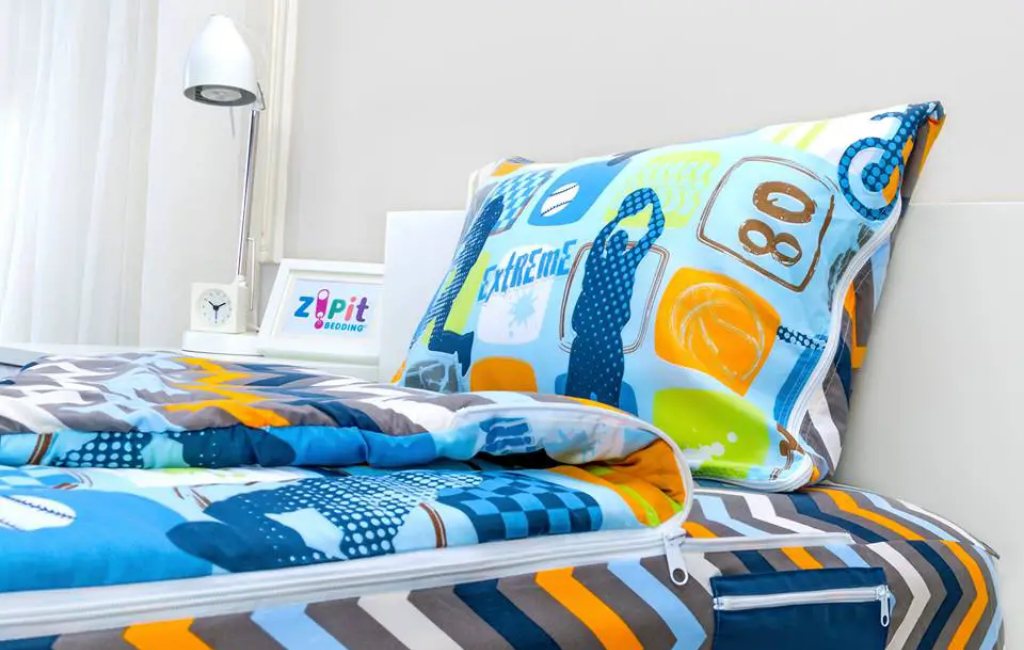
Despite receiving offers and valuable advice from the Sharks, the founders chose to exit the Tank without a deal, determined to pursue their vision for Zipit Bedding independently. The negotiations underscored the importance of strategic decision-making and highlighted the challenges of balancing control with growth opportunities in the competitive bedding industry. While the founders missed out on potential partnerships, their resolve to stay true to their vision demonstrated a strong commitment to their brand and product.






